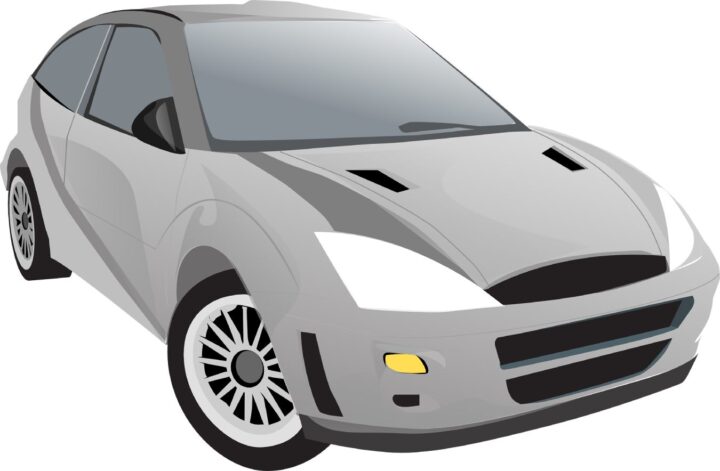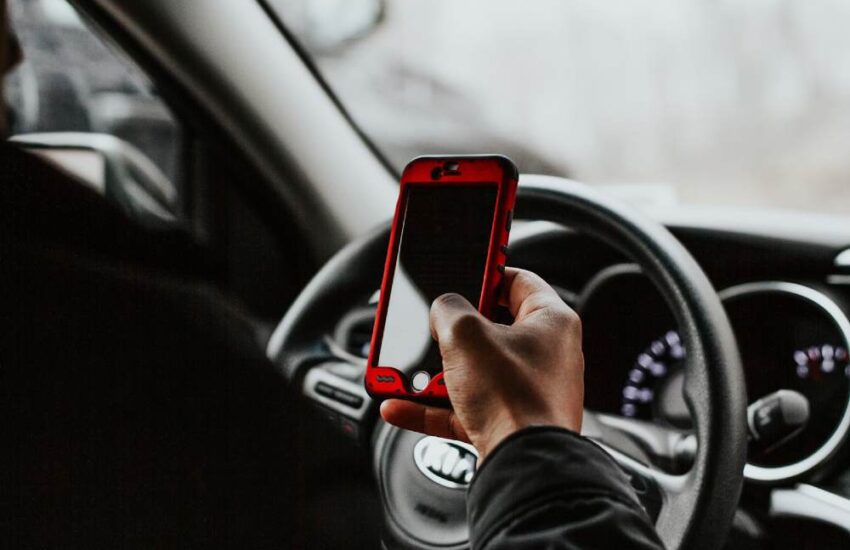Can I Keep My Car If I File Chapter 13?
When faced with the prospect of bankruptcy, one of the most common questions people have is can I keep my car if I file Chapter 13? This is especially true if you rely on your vehicle for daily necessities, such as commuting to work or transporting your children to school.
Unfold the intricacies of Chapter 13 bankruptcy and learn how it might affect your vehicle ownership.

Chapter 13 Bankruptcy
Chapter 13 bankruptcy is full of life changing horror stories, also known as a wage earner’s plan, enables individuals with regular income to formulate a plan to repay all or part of their debts. Debtors propose a repayment plan to make installments to creditors over three to five years.
Role of the Bankruptcy Trustee
In a Chapter 13 bankruptcy, the appointed trustee plays a significant role. They oversee the debtor’s repayment plan, collecting payments from the debtor and disbursing them to creditors.
Repayment Plan
The Chapter 13 repayment plan is a detailed proposal outlining how you plan to repay your debts.
Impact of Chapter 13 Bankruptcy on Your Car
When filing for Chapter 13 bankruptcy, one of the key considerations is what happens to your vehicle. Depending on your situation and how you manage the bankruptcy process, you might be able to keep your car.
Factors to Consider
Several factors can influence whether you can keep your car if you file Chapter 13. Your car’s equity, payment status, and affordability determine its retention during bankruptcy.
Vehicle Exemptions
In the context of bankruptcy, exemptions refer to laws that allow you to protect specific kinds of property. In some cases, these exemptions can help you keep your car.
Chapter 13 Bankruptcy: Options for Your Car
Chapter 13 bankruptcy offers several options when it comes to dealing with your car and its associated loan. These include:
- Surrender: If you no longer need or want your car, you can choose to surrender it as part of your Chapter 13 bankruptcy.
- Pay the lender directly: If you are current on your car loan payments, you may be able to continue making these payments directly to the lender.
- Pay through the bankruptcy trustee: You can incorporate your car loan into your Chapter 13 repayment plan, with payments distributed to the lender by the trustee.
- Cram down: If your car is worth less than the outstanding loan, you may be able to reduce the loan balance through a process known as a cram down.
“Cram Down” Option
A cram down can be a beneficial option if you owe more on your car loan than the car is worth. It allows you to reduce the principal amount of your car loan to match the current market value of the car.
When a Cram Down May Not Be Possible
A cram down can be useful, but it’s not always viable. To qualify for a cram down, certain criteria must be met. For example, if your car loan is a “purchase-money” loan, you can only cram down the loan if it was taken out more than 910 days before filing for bankruptcy.
Liquidation Test
In a Chapter 13 bankruptcy, you need to ensure that your repayment plan pays your creditors the same amount they would receive in a Chapter 7 bankruptcy. This is known as a liquidation test, see Chapter 7 vs Chapter 13 bankruptcy for more similarities and differences.
Role of Your Car’s Equity in Bankruptcy
The equity you have in your car can play a significant role in your bankruptcy process. Equity refers to the difference between the market value of the car and the amount you owe on it.
When You Can’t Keep Your Car
There are some situations where keeping your car might not be feasible, even with a Chapter 13 bankruptcy. If your vehicle has more equity than an exemption can protect, or if your car payments are particularly high, you may not be able to keep your car.
Getting Legal Advice
Bankruptcy laws can be complex, so it’s always a good idea to seek legal advice before making any decisions. A bankruptcy attorney can help you understand your options and guide you through the process.
Filing for Chapter 13 bankruptcy doesn’t automatically mean you’ll lose your car. Depending on your individual circumstances and how you manage the bankruptcy process, you may be able to keep your car with professional advice.


